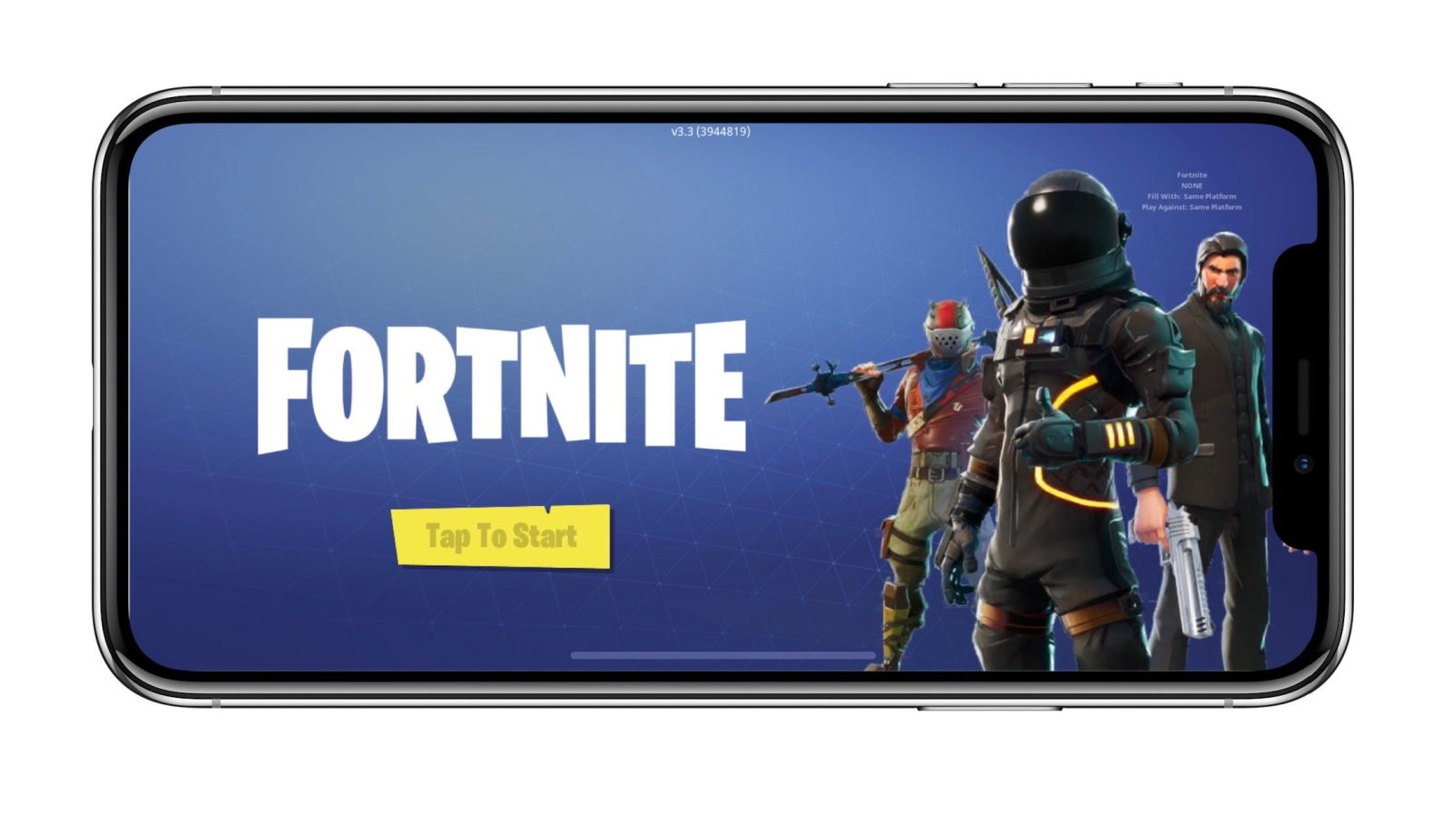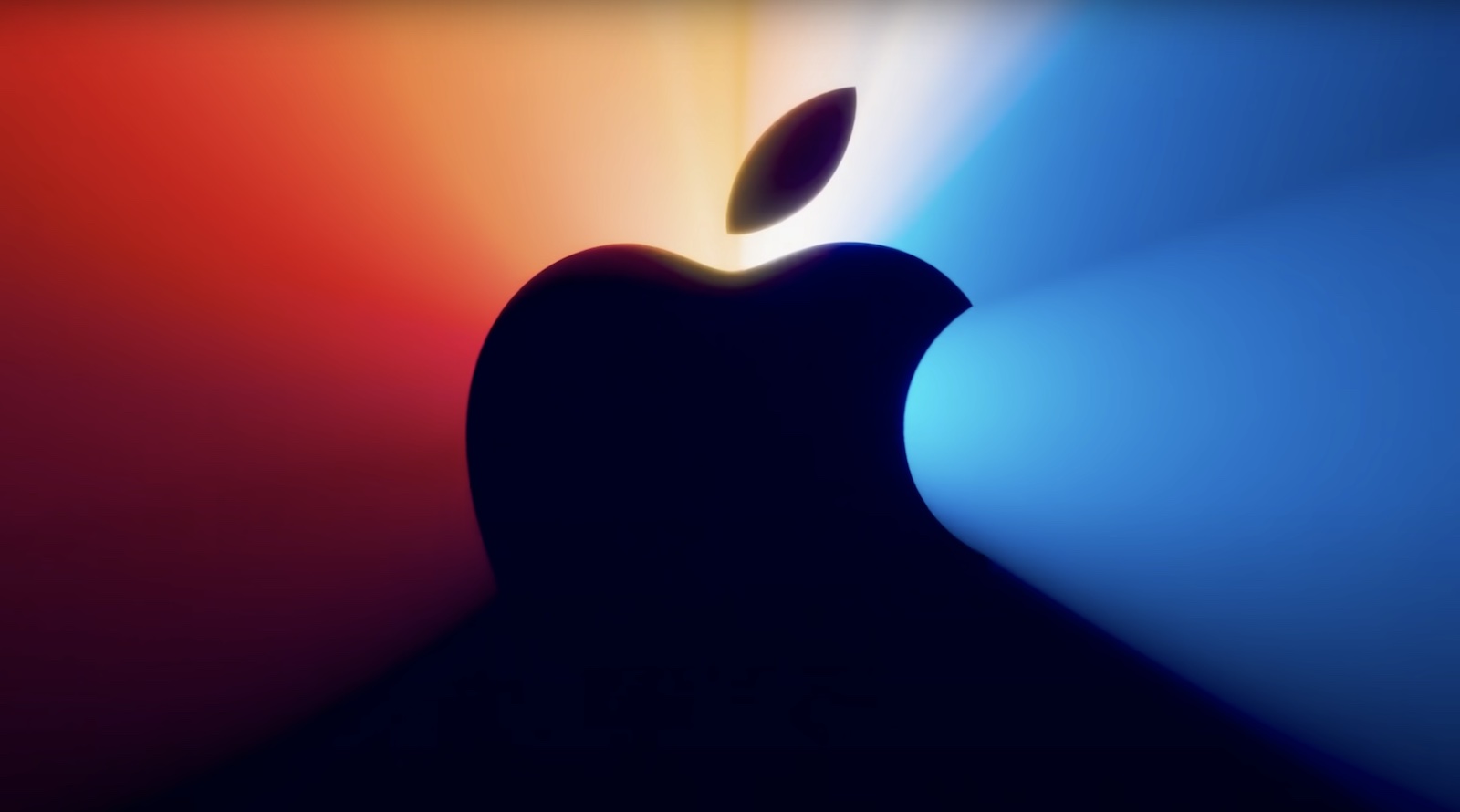
The special EU App Store rules were rolled out earlier this year in response to the Digital Markets Act, which forced Apple to open up the iPhone software ecosystem to include alternatives to the App Store.
So far, not many have taken up the opportunity, in part because of the hefty associated fees and compliance requirements enforced by Apple. Epic Games may be about to make a big splash, however. The company says it is has submitted both the game Fortnite, and the Epic Games Store, to Apple for notarization, as they near a launch.
Fortnite was kicked out of the App Store in August 2020 as Epic Games sneaked in a way to buy V-Bucks without using Apple’s In-App Purchase system, in breach of App Store rules. Apple pulled Fortnite from iOS entirely, and banned Epic Games from the App Store.
There was no path back for Epic to iOS until the European Union’s Digital Market Acts legislation, which Epic has campaigned strongly for and wants to see similar rules adopted by the US and other regions.
Using the new rules brought in as a consequence of the DMA, Epic says it is currently planning to launch within the next couple of months on iOS in the European Union.
In theory, the Digital Markets Act requires gatekeepers like Apple to open up their platforms and allow near-unrestricted access to third-party software.
But, in accordance with Apple’s current policy, the company must first have its app notarized, which includes a human review process by Apple. Riley Testut’s AltStore, creator of the game emulator Delta, has criticized Apple for this protracted and opaque process. It can take months for the notarization process to complete.
Once approved, these apps must pay the Core Technology Fee, a 50 euro cent fee per install per year, when app downloads exceed one million units. App marketplaces, like Epic Games and AltStore, also pay this fee, on every install (the free one million on-ramp applies to apps, not the marketplaces themselves).
That means that for a hypothetical EU user downloading Fortnite from the upcoming Epic Games Store, Epic will be subject to the Core Technology Fee twice, and have to pay Apple a euro every year.
Companies including Epic and Spotify have criticized the fees and other rules in the alternative Apple business terms, suggesting that Apple is still not in compliance with the DMA. The European Commission released a preliminary judgement last week that said Apple’s anti-steering policies are in breach, and it is formally investigating the Core Technology Fee and surrounding alternative app marketplace rules.
FTC: We use income earning auto affiliate links. More.

 6 months ago
182
6 months ago
182








 English (US) ·
English (US) ·